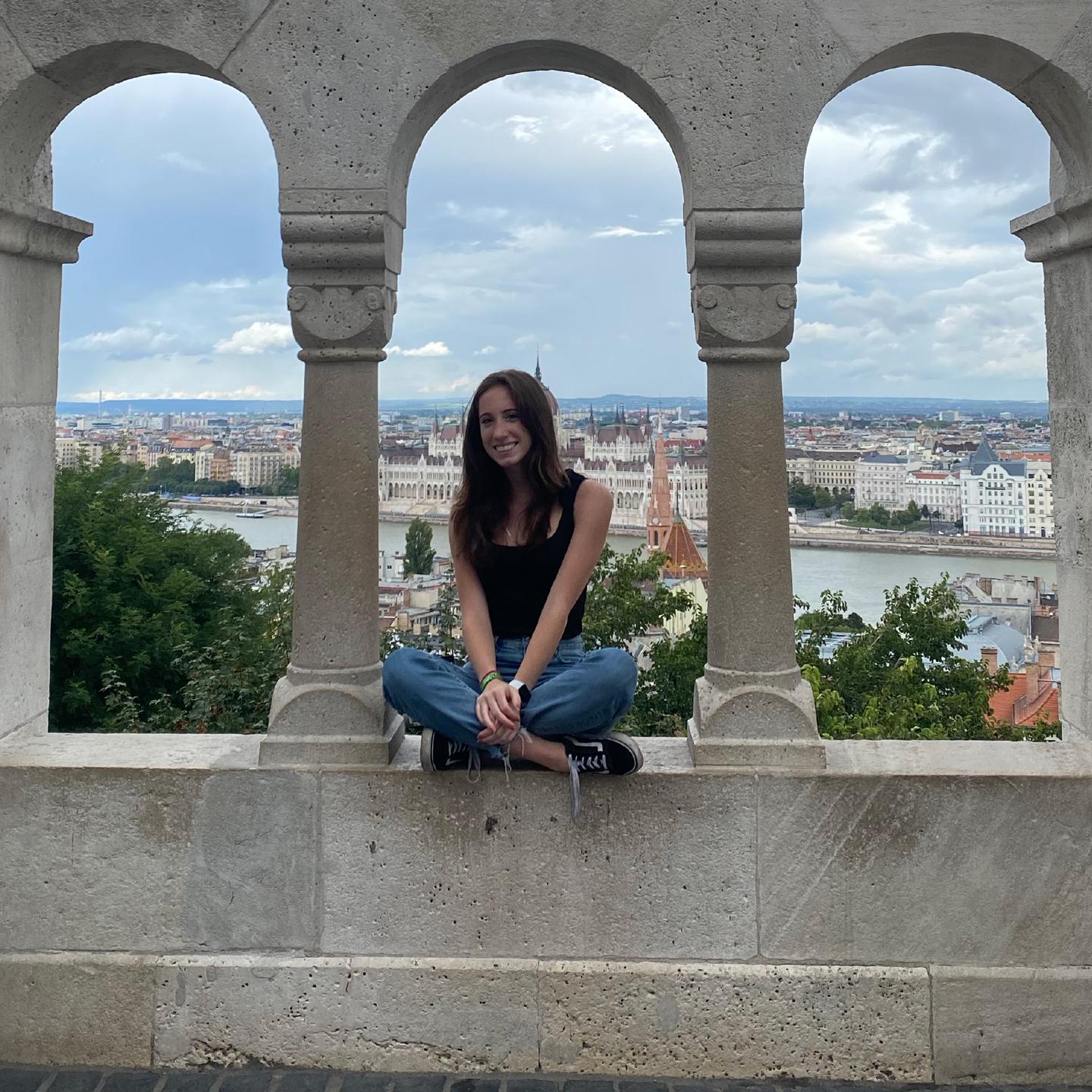A liberal arts education at the University of Richmond is about more than just classes. UR students learn through curricular, co-curricular, and extracurricular experiences. Curricular learning is based in the classroom. Co-curricular describes structured learning outside the classroom, like study abroad, service learning, internships, and mentored research. Extracurricular opportunities at Richmond include sports, creative arts, student clubs, and many other activities that support holistic personal growth, expand social connections, and build leadership and teamwork skills.
Health Studies is a broad area that encompasses everything from medical laboratory sciences to community health to the health effects of global climate change. HS majors and minors can use all three types of learning – curricular, co-curricular, and extracurricular – to explore personal and professional interests and then gain depth of knowledge about the topics and issues that most excite them.

Medical Humanities - HS 200
Medical Humanities (HS 200) is a Sophomore Scholars in Residence (SSIR) course taught by Dr. Rick Mayes, professor of health policy. Students in the course live with their classmates as a cohort in residence halls, and co-curricular learning activities are a fundamental part of the course design. The course prepares future health care practitioners and policymakers to recognize that medical practice is about more than the science of the body. Students tackle ethical and interpersonal questions related to health care; explore what it’s like to become a patient or health care professional and study racial disparities; and examine doctors, nurses, and hierarchy. Other topics include dentistry’s odd position in the U.S. health care system, addiction, mental health, opioids and psychedelics, aging and dying, obesity, women’s health, disability, and more, and a trip to Boston and Maine allows students to meet alumni and others involved in public health, environmental health, and biomedical research.
Read more in Catalog Confidential.
